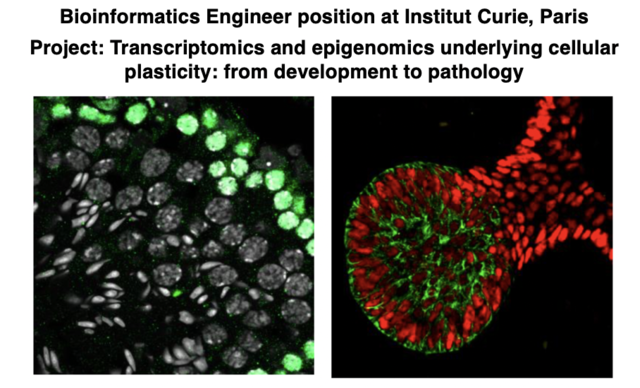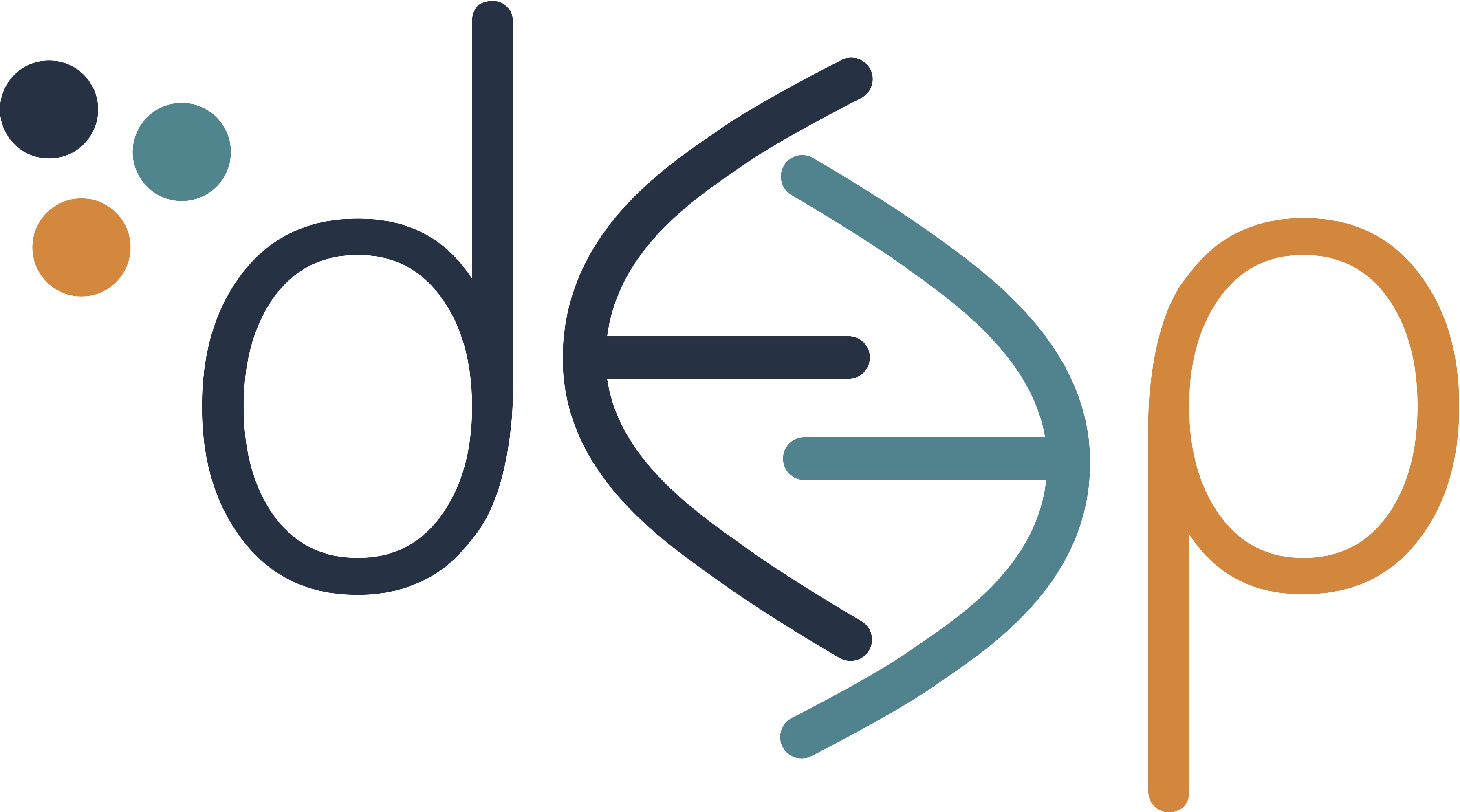Open engineer position in bioinformatics - Genetics and Developmental Biology Unit (UMR3215/U934)
Both our teams aim at understanding different aspects of cell lineage development and cell identity, from establishment to maintenance using mouse models.
Investigation of cell fate commitment, its regulation and homeostasis are performed in developmental and physiological contexts in different tissues, in the mammary gland, salivary gland and prostate (Fre group) and in pluripotent/ germline cells (Margueron group). Both groups are also interested in loss of cell identity in disease contexts (notably cancer) and in identifying the cellular targets of oncogenic transformation.

Project Description
Both our teams aim at understanding different aspects of cell lineage development and cell identity, from establishment to maintenance using mouse models.
Investigation of cell fate commitment, its regulation and homeostasis are performed in developmental and physiological contexts in different tissues, in the mammary gland, salivary gland and prostate (Fre group) and in pluripotent/ germline cells (Margueron group). Both groups are also interested in loss of cell identity in disease contexts (notably cancer) and in identifying the cellular targets of oncogenic transformation.
Our in silico approaches include a broad range of computational challenges ranging from single cell transcriptional tracing to epigenomic landscape profiling. Integrating public NGS-derived profiling in different developmental contexts will also be important to build comprehensive cell identity maps at the level of transcription and chromatin.
Long-standing collaborations with the Institut Curie’s bioinformatics platform will provide support and expertise for our multidisciplinary approaches.
Candidate requirements
- Master or PhD, preferably in Data Science, Bioinformatics or related fields.
- Solid skillset for handling NGS datasets and expertise in developing analysis pipelines, with
- competence for single cell data manipulation.
- Good knowledge in biostatistics and experience in programming (bash, R, C or python).
- Strong interest in life sciences and developmental biology.
- Ability to collaborate with “wet bench” researchers and across two research groups.
- Good communication skills, fluency in written and oral English.
- Basic knowledge in biology (stem cells, genetics, epigenetics, transcription, cancer) would
- be an advantage but is not mandatory.
Work environment
The candidate will benefit from the top-level scientific environment of Institut Curie, and of state-of- the-art technological platforms, including a bioinformatics department located in our building. The lab is located in the heart of Paris, in a building devoted to developmental biology within the Curie campus, providing interdisciplinary expertise and a friendly and international environment. Salary will be based on initial formation and experience.
To apply, please send: curriculum vitae, cover letter clearly stating your motivation and future research interests/plans and the names/contact information of 2 or 3 referees to silvia.fre@curie.fr, raphael.margueron@curie.fr & nicolas.servant@curie.fr.
